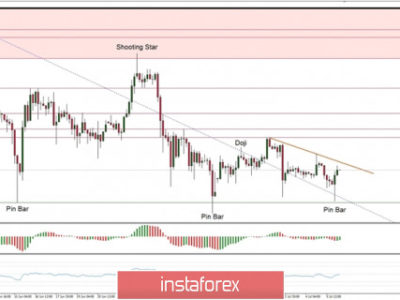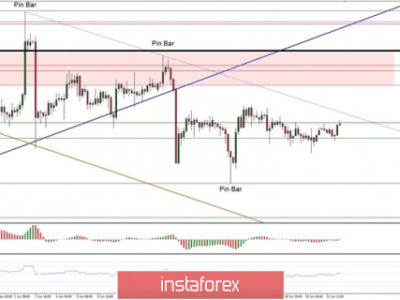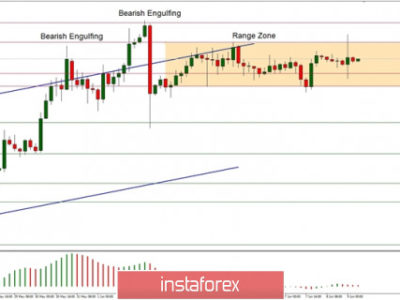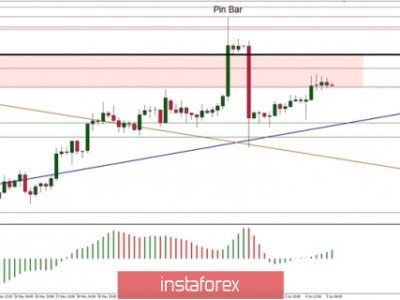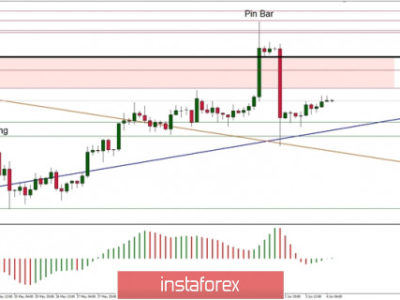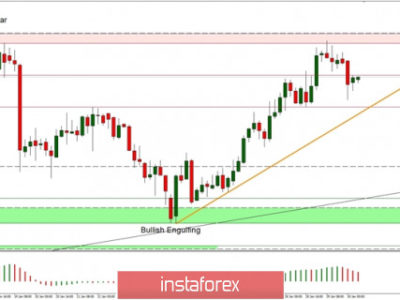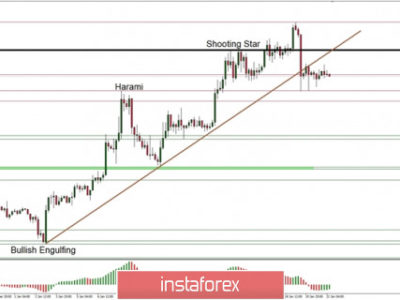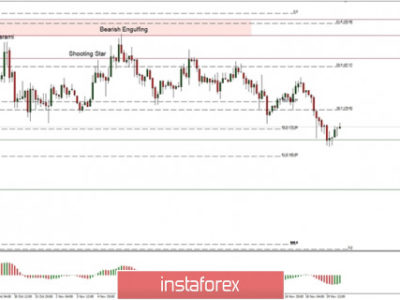How Blockchain Could Affect Finance

In recent decades, few inventions have seen the amount of press coverage as blockchain technology. Most commonly known for its association with cryptocurrencies, the technology is a new protocol for data transferring which focuses on decentralized encrypted blocks instead of a centralized distributor.
This allows for a safe and encrypted transfer of data, which, for the most part, comprise of cryptocurrencies like Bitcoin or Blue Chip ICO, between two ends without the need for a data center, ensuring that no one can control the flow of data.
Since its rise in popularity, blockchain technology has been praised as a godsend by financial experts, with some even going so far as to claim this technology can revolutionize financial services in the world.
Certainly, there remain some problems and shortcomings that blockchain developers need to overcome, more and more tech giants, such as Google and Amazon, and even other institutions are adopting this technological miracle for their own use. This has led to widespread acceptance of blockchain technology in contrast to the skeptical reception it received years ago.
Famous as it may be, it is still difficult to accurately pinpoint what exactly will blockchain technology revolutionizes. The consortium R3CEV has been spending a fair amount of time researching this question. Financial giants such as Goldman Sachs, McKinsey Consulting and Consumers’ Research have all had written extensively on the subject.
Even governmental institutions such as the UK Government, the Senates of the US, Canada, Australia, and the EU are interested in the answer as well.
Although there is still no consensus on the matter, it is generally observed that blockchain technology brings about these financial changes.
Build up core infrastructure for streamlined international transactions
Cross-countries transaction is not a new invention, but it has not aged well. The digital revolution back in the second half of the 20th century has revolutionized many aspects of our daily life, save for international transactions.
Even today, cross-border transactions are still being controlled by big names such as Western Union. Banks still prefer to use very complex procedures for simple processes such as money transfer.
Blockchain seems to be the solution to the matter.
It lets financial institutions around the world create links between one another, avoiding the need for corresponding banks altogether.
R3’s most famous product, Corda, which plays between the words “accord” and “cord”, is the consortium’s answer to centralized banking. Corda is effectively a shared ledger between financial institutions. It stores the information, contracts and important documents of all the banks in its circle, and every bank will have access to these data.
This way, financial institutions can follow the execution, clearing, and settlement of transaction without the need for a centralized banking system. Thus, blockchain technology allows banks to exchange data in a completely different way from before.
Blockchain also opens up an opportunity for banks to work exclusively with each other through the P2P blockchain startup called Ripple. Ripple offers a streamlined flow of data which is streamed from one end to another in a secured channel.
Surprisingly, many banks in the world, some of the most notable names include National Bank of Abu Dhabi, Santander, CIBC, UniCredit have accepted payments through Ripple. This goes a long way to show how blockchain has revolutionized international banking.
Creates unique digital assets
From albums to video games, everything digital can be copied with just a click of a button. However, blockchain technology is about to change this rule.
Blockchain technology has effectively succeeded in creating digital assets that can’t be copied, effectively giving digital codes such as cryptocurrencies real values. Even to this day, Bitcoin’s value waxes and wanes in accordance with the security of its blockchain to prevent double spending and counterfeit coins.
Recent strides in blockchain technology have allowed bitcoin developers to “paint” digital coins for them to serve as stock in a company. These “colors” will act as encrypted information on the ownership rights that the private cryptographic key retains.
In fact, after having received SEC permission, the online retail giant Overstock has just confirmed that public shares of the company will soon be issued on its blockchain platform.
Also, it would be interesting to note the rise of ICOs and appcoins (cryptocurrencies belonging to an app that is also used to fuel the development of the app itself). These examples show that cryptocurrencies can be not only digital assets but also digital stock as well.
Near elimination of frauds
Frauds plague every financial system, but blockchain might be our best bet against it. Since blockchain works on a decentralized system as opposed to the centralized one used by most existing financial institutions, blockchain-based systems are much more resistant to cyber attacks, and even in the event that they do occur, the damage can be kept at a minimal level.
Thanks to this impervious nature of the technology, it has found itself a valuable asset for media platforms. These platforms are traditionally full of frauds due to intermediaries, complicated processes, and a general lack of transparency.
The recent adoption of blockchain by these companies could be seen as a drastic measure to reduce the overwhelming amount of frauds in the media industry.
Assists in enforcing financial regulations
Surprisingly, blockchain can be used to work against corruption itself. Blockchain tech can be used to construct fully transparent records for transactions. Some banks will be made to report to certain financial agencies such as FinCEN, which is blockchain-based.
Every time a transaction of more than $10,000 is authorized, banks will be obliged to report the information back to these agencies, and agencies will be in charge of storing information in their own anti-money laundering databases.
Thus, with blockchain, transactions will be much more transparent, eliminating any chance of corruption or money laundering.
Speeds up financial processes
Finally, the list would not be complete without blockchain’s most obvious benefit: it speeds up financial procedures. Usually, the time frame for clearing and settling financial transactions can take as much as three days after the trade, hence the name T+3. With blockchain technology, everything can be easily settled right after the trade.
Conclusion
The number of transactions made through blockchain is on the rise, indicating its soaring popularity. Blockchain can bring in more transparency and security in daily transactions, which will, in turn, further enhances customers’ faith in modern banking institutions. For this reason, blockchain could potentially be the dom

